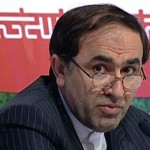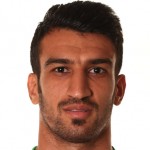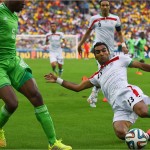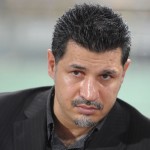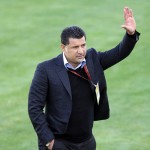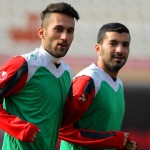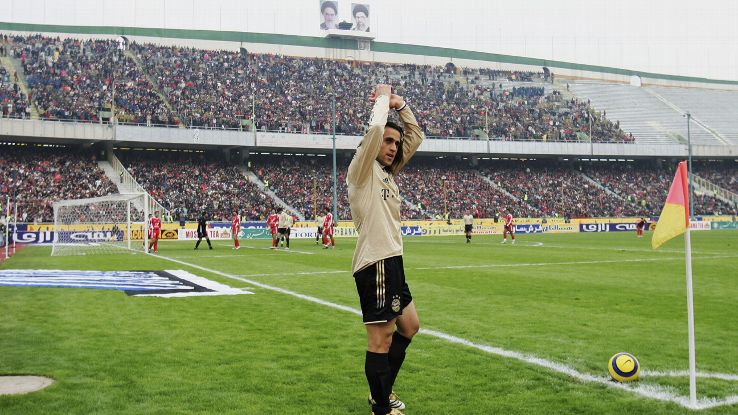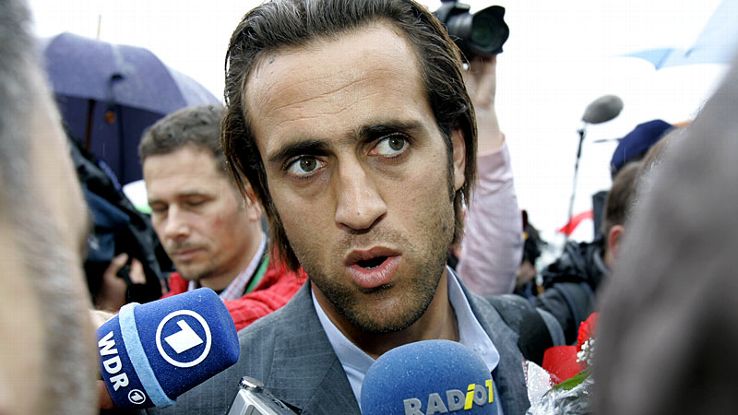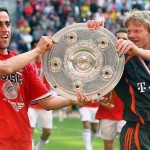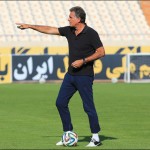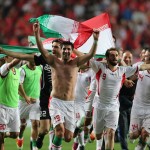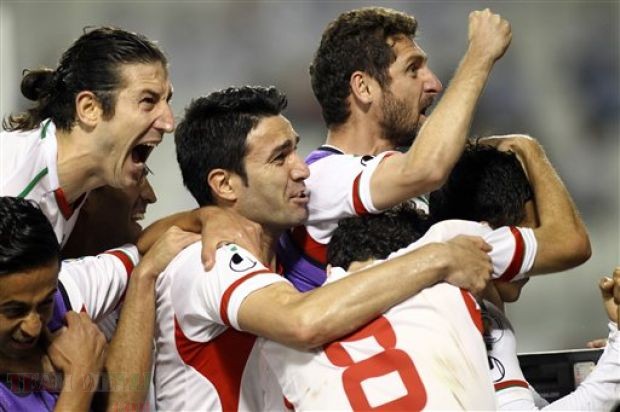Ismael Hassanzadeh , head of the Disciplinary Committee of the FFIRI has confirmed that the federation will deal firmly with any cases of fake Release Certificates from Military Service.
In a recent statement , Hassanzadeh said “We are awaiting the report from the League commission about those cases. Any player who is found to be in violation of the military service regulations or holding a fake certificate will be immediately suspended form playing league football.”
A recent statement by Persepolis management have implied that Hossein Mahini, who is one of the players suspended by the federation due to violations of Military Service rules, will be soon be allowed to play for Persepolis until his case is heard by the authorities. This statement triggered fears amongst other clubs that Persepolis is wielding its power and influences to get their player off the hook while other clubs will be denied such privileges and remain suspended.
Ismael Hassanzadeh also refuted any suggestions that Payam Sadeghian will be pardoned putting an end to another widely circulated news that the suspended player is about to play for his club, Persepolis and join Team Melli training camp in Portugal.

